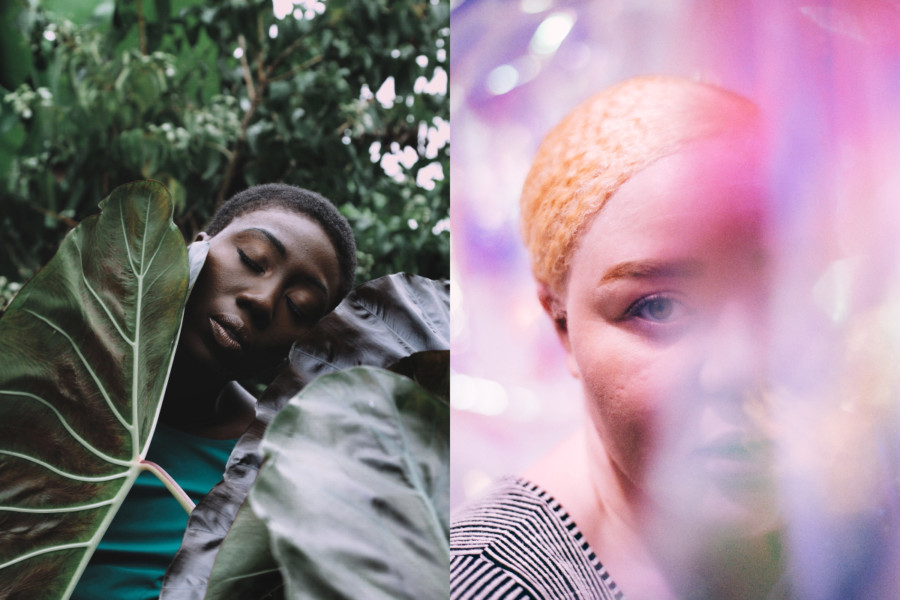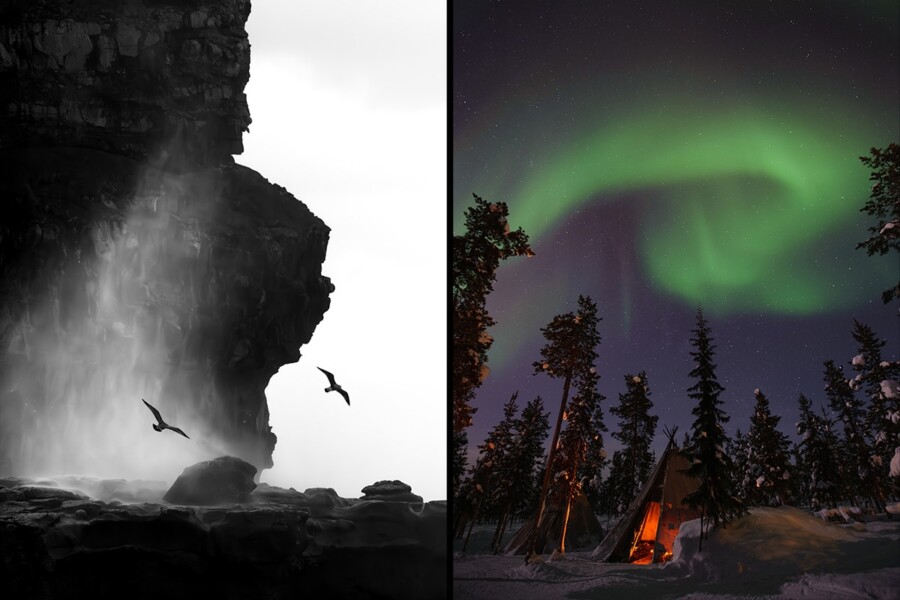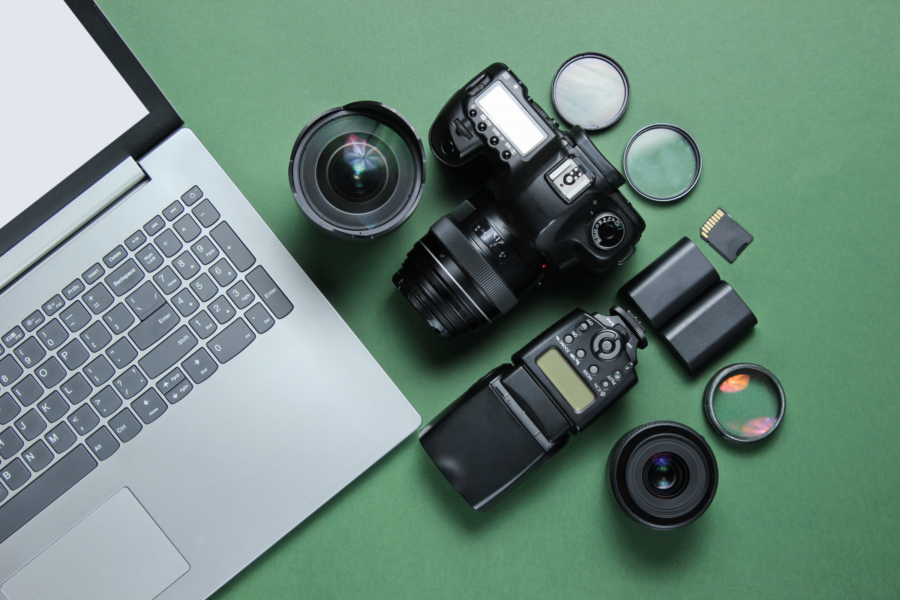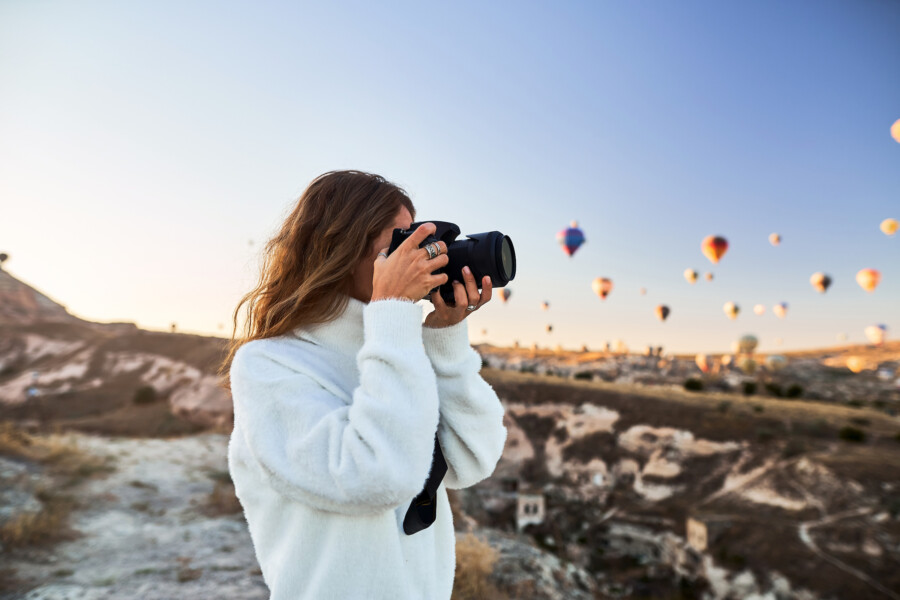Share
Debunking the Myth That It’s Hard to Find Black Photographers
Last year, multimedia journalist, digital editor and self-taught photographer Polly Irungu took the photo industry by storm. As a Digital Content E...

Last year, multimedia journalist, digital editor and self-taught photographer Polly Irungu took the photo industry by storm.
As a Digital Content Editor at New York Public Radio (WYNC), she knows the power of promotion. So, when she masterfully used social media and personal connections to promote a COVID relief fund and grow the popularity of the Black Women Photographers (BWP) database last summer, many were left wondering how she did it and who she was.
Since then, she’s helped countless Black photographers land jobs, debunking the myth that it’s hard to find talented Black photographers for assignments. She’s also teamed up with Nikon, VSCO, Nasdaq, Adobe and yes, even us, to help get the word out. There’s no sign of her stopping either; just last week she was on the Kelly Clarkson Show to get her message out.
Join us this Friday, February 19th, at 12PM ET as we talk with Polly and two incredibly talented independent photographers from the BWP community, Dee Dwyer and Alexis Hunley, about the social effects of photography and what Black photographers need from the photo industry. Sign up here. (Editor’s note: This webinar is available on-demand here.)
For our latest guide, The Photographer’s Outlook on 2021, we talked with Polly about how she harnessed social media to get the word out, how the community has grown since its inception and what she’s most looking forward to in 2021.
Cover images by Shaun Champion (left) and Nicole Stephens (right), two members of the Black Women Photographers community.
Can you share a bit of background for our audience about Black Women Photographers? We know initially in July, you started with a COVID-19 relief fund and then built the database. Can you talk about that process?
Yes, I launched the relief fund on Juneteenth [June 19, 2020]. Then, in July, I followed it with the database.
Black Women Photographers (BWP) is a global community of Black women and non-binary photographers. It was first launched on July 7, 2020. As the founder, I wanted to bring together a collective of photographers in an effort to promote and encourage inclusive hiring practices. To be included in the database, the women submit a request via an online form. This platform was launched during the COVID-19 pandemic and has so far raised over $14,700 to support the photographers whose livelihoods have been impacted. The COVID-19 relief fund (#BWPReliefFund) — and our other initiatives — have supported over 105 Black women and non-binary photographers.
Black Women Photographers aims to disrupt the notion that it is difficult to discover and commission Black creatives. The platform seeks to ensure that more Black women are empowered to make the industry as colorful as it ought to be. We provide a safe space for learning through mentoring, workshops, and honest dialogue about how to better our craft.
Can you share more about how you used Twitter and Instagram to spread the word?
Twitter, Instagram, and word of mouth have been my main tools to spread the word. From changing my own Twitter name to say “Follow @BlkWomenPhoto” to using the platforms to raise money for the COVID-19 fund or other initiatives to sharing work from the community, every single post, comment, retweet, etc. has truly made all the difference in getting support.
There has been a surge in conversations around diversity and inclusion in the photo community this year. Many of those conversations center around the issue of gatekeeping and non-white photographers’ access to jobs. What type of impact do you think those conversations had on BWP?
These conversations have been long overdue.
I think it’s allowing Black Women Photographers to be exposed to a wider audience that normally wouldn’t have sought out a resource like BWP. I’m glad to shake this industry up a bit. And I am thankful for all of the organizations and allies who have been advocating and doing the work long before this year.
Do you think BWP would have seen this same level of success in other years?
Absolutely. I believe that all of the people and organizations that have shown support would have done it regardless of the year. The goal to get more Black women photographers hired is something that anyone can get behind, rain or shine. I believe that because we had to slow down a bit this year it has helped more people become aware of BWP and the importance of this work.
What are two lessons or successes from 2020 you plan to continue and/or build off of for 2021?
Listening – I think one reason for the success of BWP is because of all of the people who have taken the time to listen to what I had to say. Truly listen. I also take the time to listen to what members of this community have to say and see how I might translate that into action.
Self-care – This is a personal lesson and success for me this year, and honestly, every year. I can’t do the work without doing the inner work. I won’t be able to show up for others if I am not showing up for myself first. Self care is a daily act. I’m trying to get better at it each passing day.
Tune in Friday, February 19th, at 12PM ET as we talk with Polly and two incredibly talented independent photographers, Dee Dwyer and Alexis Hunley, about the social effects of photography and more. Sign up here.
Plus, get your free copy of The Photographer’s Outlook on 2021 to learn more about how photographers fueled their businesses in 2020, how industry leaders from organizations like the Boston Red Sox and Photoville adjusted their plans, and tips and insights on how to be successful in 2021.


